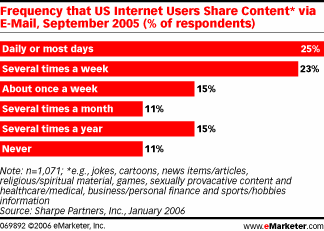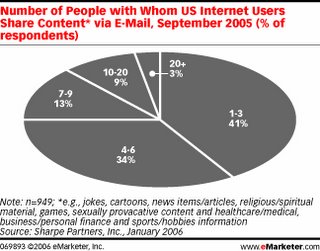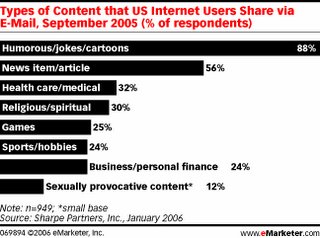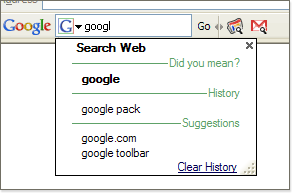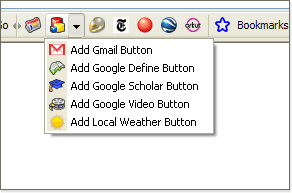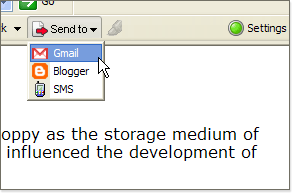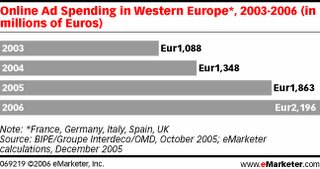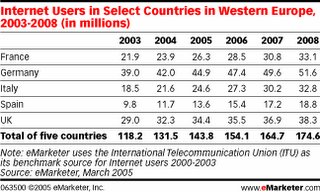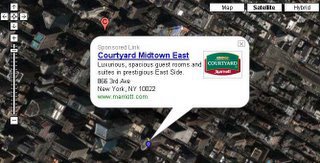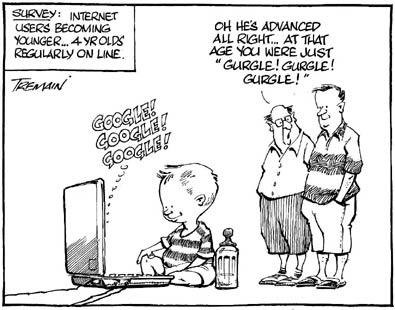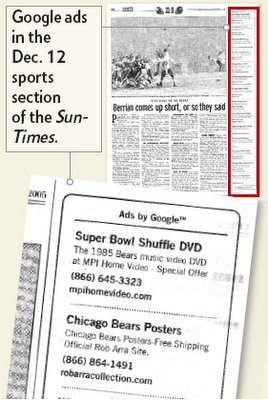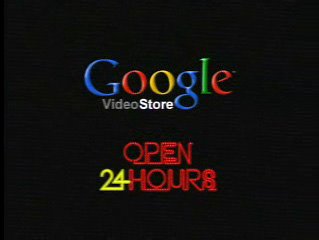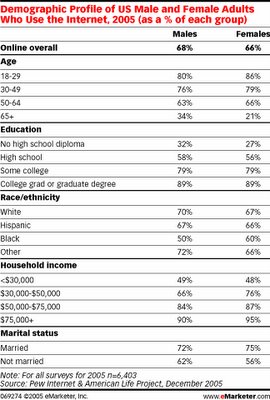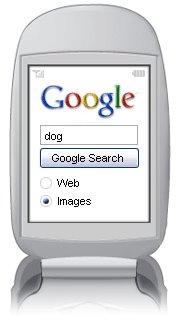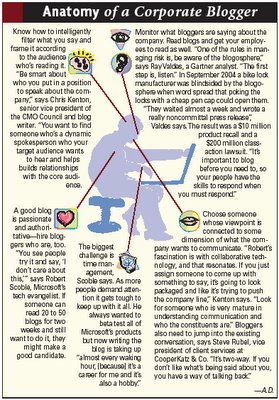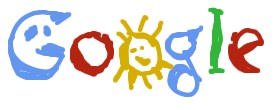Torno a parlare dei datacenter di Google per segnalarvi che agli indirizzi 66.249.93.104 e 64.233.179.104 è visibile Bigdaddy.
Di seguito il post di Matt Cutts al riguardo:
About a month ago I alluded to a data center called “Bigdaddy” that people could check out as a preview. We’re ready to collect feedback on the Bigdaddy data center now. Let’s start with some Q&A.
Q: Why are you giving this a name? Isn’t that normally the privilege of Brett Tabke and the moderators at
WebmasterWorld (WMW)? A: Brett and WMW normally name updates. But this is neither an update nor a data refresh; this is new infrastructure. It should be much more subtle/gentle than an update.
Q: Why is it called Bigdaddy?
A: That’s a good story. Bigdaddy got its name right here:
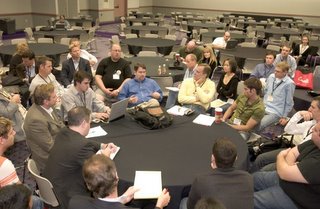
At Pubcon, there was an hour-long Q&A session one morning. After the session was over, a bunch of us skipped the next session of talks to talk more in the lunch room (that’s me in the blue shirt). I knew we had a test data center that would need feedback, so I asked for suggested names. One of the webmasters to my right (JeffM) suggested “Bigdaddy.”
Bigdaddy is his nickname because that’s what Jeff’s kids call him. So I said I’d use that the next time we needed a name for feedback.
Q: Why did you wait so long to ask for feedback?
A: There were a couple reasons. First, I knew that Bigdaddy wouldn’t go live before the holidays were over. Second, the team working on this data center wasn’t showing it 100% of the time; at night, they’d take it out of our data center rotation to tinker with it. That would have been a recipe for confusion. Now we’re past the holidays and the Bigdaddy data center is live 100% of the time. In fact, Bigdaddy is now visible at two data centers: 66.249.93.104 and 64.233.179.104.
Q: Do you expect this to become the default source of web results? How long will it take?
A: Yes, I do expect Bigdaddy to become the default source of web results. The length of the transition will depend on lots of different issues. Right now I’m guessing 1-2 months, but if I find out more specifics I’ll let you know.
Q: What’s new and different in Bigdaddy?
A: It has some new infrastructure, not just better algorithms or different data. Most of the changes are under the hood, enough so that an average user might not even notice any difference in this iteration.
Q: I noticed some ranking changes across all data centers. Was that Bigdaddy?
A: Probably not. There was a completely unrelated data refresh that went live at every data center on December 27th. Bigdaddy is only live at 66.249.93.104 and 64.233.179.104 right now.
continua>>
